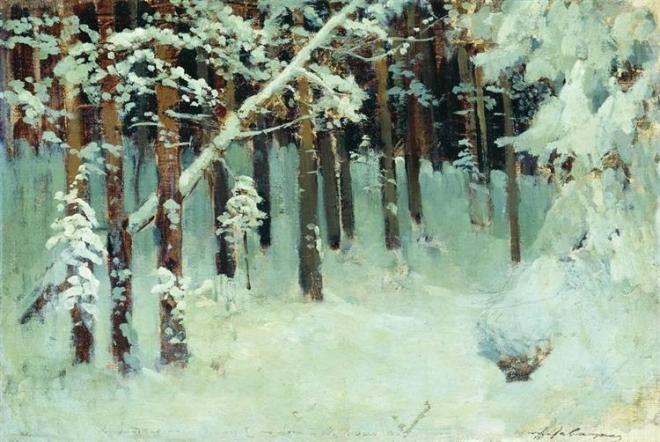
Back in March, when I was sorting through the boxes of family stuff, I found the following undated, typewritten account of a lovely October day Tim’s great-grandparents spent together many years ago. Charles Amos Hamilton (1866-1943) wrote it for his wife, Gertrude Mabel Hubbard (1874-1965). They lived in Batavia, New York.

AN OCTOBER DAY
Written for the delectation of my good wife, Gertrude, who delights in reading descriptions of commonplace things, written in rather grandiloquent language.
The poet wrote,
“What is so rare as a day in June,
Then, if ever, come perfect days.”
Without questioning the judgment or belittling the taste of the writer of this couplet, I make the assertion that, with equal or even greater veracity, it might have been written with the substitution of “October” for “June.” For, in old October, Nature gives us examples of a brilliance of coloring, and a tang of ozone, which June, for meteorological reasons, cannot duplicate.
I arise on a bright October morning and raise the shades of my bedroom window. What a riot of all the hues of the rainbow meet my eyes. From the pale green of maple leaves not yet touched by autumn’s frosty fingers, up through the entire gamut of the spectrum, to the vivid scarlet of maples of a different species. As the leaves rustle in the light breeze, they seem to be whispering “Goodbye” to their companions of the departed summer. The dark green limbs of the evergreens nearer the house, stand out like sentinels, bravely daring the blasts of the coming winter. The sunlight lies in little pools in the verdancy of the lawn, dotted here and there by vagrant leaves which have thus early abandoned the protection of their parent branch. The clump of spireas, which last June resembled a snow-bank, now has the appearance of a cluster of shrubs, which in the serene consciousness of a duty well done, are now nestling quietly and unobtrusively together. A belated hollyhock, and a few sturdy petunias, render an additional dash of color. Glancing from the the rear window, I behold the majestic line of cedars, bowing gently before the breeze, but standing with all the dignity of a line of knights in full armor. The row of sweet alyssum shows the same white purity it has maintained for several months. Two scarlet rose-buds, with youthful optimism, raise their heads fearlessly to the autumnal skies, disregarding the improbability of their ever being able to attain maturity.
Later in the day, we take a drive in our Buick, through the farm lands of the vicinity. The same magnificent coloring marks the foliage everywhere, outdoing the most artistic efforts of the painter’s brush. Huge stacks of golden straw stand beside the farmer’s barns, testifying to the repleteness of the barns with fodder for the stock. We know without inspection, that the cellars are well filled with fruits and vegetables, destined to adorn many a well-filled table, and to furnish apples and pop-corn for groups of merry young people. In the fields, the sheep are quietly nibbling, already comfortably clad in their winter woolens. The cows are lying placidly chewing the rumen of contentment. Everything denotes peace, harmony and plenty. Occasionally, a vagrant leaf flutters down momentarily upon the hood of the car, then, as if disdaining its warmth, flutters away to joining its companions by the roadside.
In the evening, fortified by an excellent dinner, maybe washed down by a flagon of “Old October ale,” we sit by the bright flame of our fireplace, and as we listen to the occasional snap of the apple-tree wood, and watch the sparks seek freedom via the chimney, we feel that “God’s in His heaven, all’s right with the world.” Yes, what is so rare as a day in October?









